The master of the angel’s song
César Franck and his oratorio “Les Béatitudes”
César Franck regarded his oratorio Les Béatitudes as his most important work. The first performance of the version with piano accompaniment was given in Franck’s private apartment. But the “real” premiere of the orchestral version with over 250 performers took place only after the composer’s death in 1891 in Dijon. It was an overwhelming success, as was the Paris premiere in March 1893.
The master amongst his pupils: an imaginary snapshot from the Paris Conservatoire of the 1870s or 80s on a book cover. The “master” César Franck (1822–90) played a central role in French musical life at the end of the 19th century, as a much sought-after organist, pianist and composer, as co-founder and president of the Société nationale de musique, and as professor of organ at the renowned Paris Conservatoire, where he had a lasting influence on a whole generation of important musical personalities. The cover of “Accords perdus” shows some of his pupils. From left to right: Charles Bordes (1863–1909), Alfred Bruneau (1857–1934), Emmanuel Chabrier (1841–94), Vincent d’Indy (1851–1931), André Messager (1853–1929), Pierre de Bréville (1861–1949) and, penitent on his knees after a musical misdemeanour, Ernest Chausson (1855–1899).
Caricature of José Engel (1868–1937) on the cover of “Accords perdus” (“Lost chords”, but also “Lost Agreement” published 1898) by the music critic Henry Gauthier-Villars (1859–1931), better known under the pseudonym “Willy”.


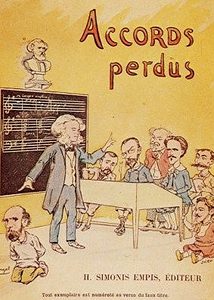




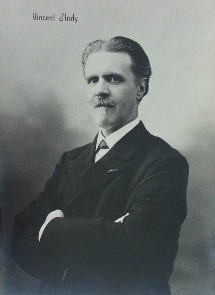
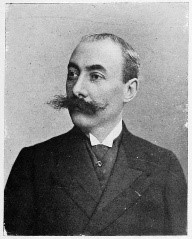
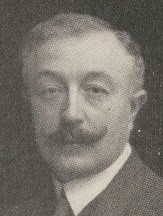


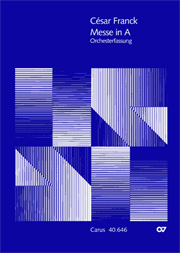
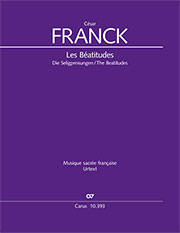
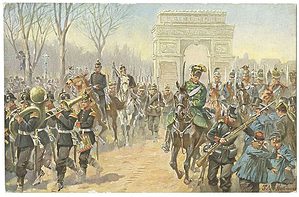
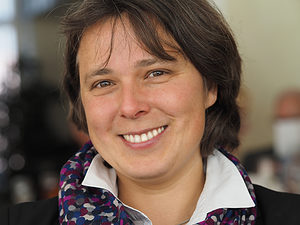
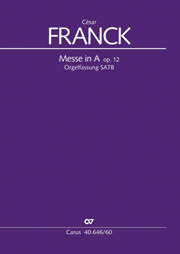
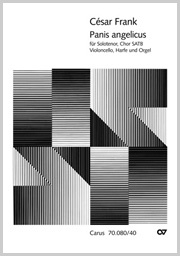

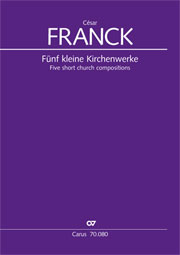


Leave a Reply
Want to join the discussion?Feel free to contribute!